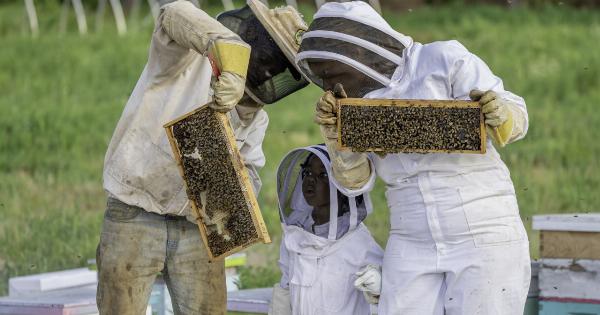Many parents struggle with the question of when they should start talking to their kids about sex. It can be a tough subject to broach, but it’s important to have open and honest conversations with your children about sex and sexuality.
Here are some tips for when and how to start talking to your child about sex.
Start early
Experts recommend that parents begin talking to their children about sex at an early age.
This doesn’t mean you need to have full-blown conversations about sex with your toddler, but you can begin teaching them the correct words for their body parts and talking to them about boundaries and consent.
As they get older, you can expand on these conversations and provide more information about how babies are made and the physical changes that come with puberty.
Be open and honest
It’s important to be open and honest when talking to your child about sex. Children can sense when their parents are uncomfortable or evasive, and this can make them feel anxious or confused.
Be prepared to answer any questions your child might have, even if they seem embarrassing or uncomfortable. Your child should feel safe coming to you with any questions or concerns they have about sex or sexuality.
Use age-appropriate language and resources
When you’re talking to your child about sex, it’s important to use language they’ll understand. Talk to them in simple terms and avoid using slang or technical terms they might not be familiar with.
There are also many age-appropriate books and resources available to help you talk to your child about sex. These can be a great tool to help you explain difficult concepts and answer questions your child might have.
Prepare for the tough questions
When you start talking to your child about sex, be prepared for some tough questions. Your child might ask how babies are made, why people have sex, or what happens during puberty.
Remember that it’s okay if you don’t have all the answers. If you’re not sure, tell your child that you need to look it up and get back to them.
It’s better to give your child accurate information than to provide them with misinformation or half-truths.
Talk about consent and healthy relationships
When you’re talking to your child about sex, it’s important to also talk about consent and healthy relationships. Teach your child the importance of respecting other people’s boundaries and how to communicate their own boundaries.
Discuss the qualities of healthy relationships, such as communication, trust, and respect. Let your child know that they should never feel pressured to have sex or engage in any sexual activity that makes them uncomfortable.
Lead by example
Your child is always watching and learning from you. If you want your child to have healthy attitudes about sex and sexuality, you need to lead by example.
Model respectful behavior in your own relationships and talk openly with your partner about sex and sexuality. Show your child that sex is a normal and healthy part of human experience.
Keep the conversation going
Talking to your child about sex is not a one-time event. It’s an ongoing conversation that you should continue to have as your child grows up and experiences new things.
Make sure your child knows that they can always come to you with questions or concerns about sex or sexuality. Be open and supportive, even if the conversation feels uncomfortable or awkward.
Conclusion
Talking to your child about sex is an important part of their development. By starting early, being open and honest, and using age-appropriate language and resources, you can help your child develop a healthy attitude towards sex and relationships.
Remember to talk to your child about consent and healthy relationships, lead by example, and keep the conversation going as your child grows up.





























